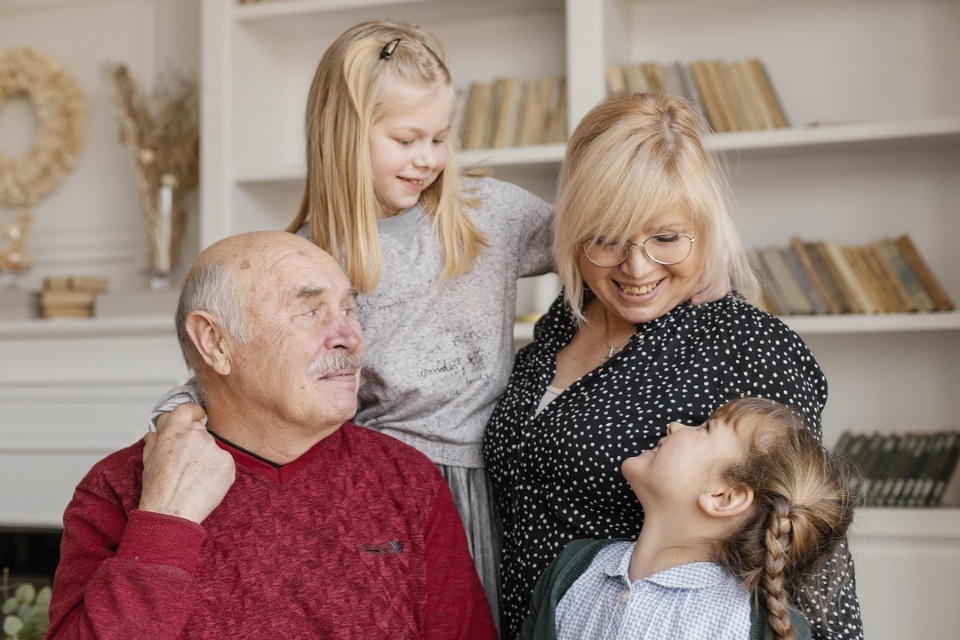Do we think of an elderly person as someone who is rich in life experiences, wise, well-travelled and an expert in many areas? Or as people who are old and boring?
Do we spend enough time with seniors in our families, whether they reside in an apartment autonomously, in a retirement home or hospital environment? Do we tell them that they are an important part of our lives and that we love them? Or do we withdraw from them, leaving them to their own vices?The way we view and value seniors in our lives usually determines the amount of time that we spend with them and how we treat them.We are currently experiencing a dramatic demographic shift as Baby Boomers reach retirement age. Will this mean that there will be more elderly who will spend time alone?Many seniors rightfully claim that they are treated differently due to their age, whether it be how their physician treats them, at the bank to solve a financial issue, or at the grocery store when the cashier loses patience. Some believe that older people are a burden and have nothing to contribute.It is a misnomer to believe that all older people are frail, ill and no longer lead productive lives. Today, seniors live healthier, more productive lives than ever. According to 2014 World Health Statistics, life expectancy for Canadian males born in 2012 is 80 years old and 84 for women.How can we change our overall attitude towards older people?In general, due to the large number of Baby Boomers, we are rethinking our attitude about the elderly. Elderly people could remain at home for a longer period of time with help from a support worker. Can Canada help to provide funded programs to assist seniors to stay home longer? Will homecare services be affordable for seniors living on a meagre pension? Currently, assisted living is not covered and this is the reason countless older people end up in a nursing home, in chronic care or palliative care.Our attitude must change. We can start at home by teaching our children the importance of their grandparents. Younger people need to realize the value of older people as there are so many things they can learn from them. It may be a recipe that is handed down from generation to generation, a war story shared or listening to how technology has changed over the years.The generation gap can be closed by investing time in intergenerational projects. Projects could include grandchildren teaching their grandparents how to use Skype, to surf the net, how to use an IPad or cell phone with larger numbers to help them see. They can invite them to attend special events such as a graduation, a sports activity, a home cooked meal, or accompany them to a bazaar or movie. Youth can include parents and grandparents in ancestry research to generate an intergenerational project.On the other hand, seniors must show a keen interest to learn from their children and grandchildren. They may need to keep some of their aches and pains to themselves on occasion and be open to learn. By doing so, they may surprise themselves at just how much inner joy they experience when they share some of their own activities by inviting grandchildren to a special dinner, helping with a jigsaw puzzle, going to the theatre, etc.In summary, if grandchildren, baby boomers and grandparents show more tolerance, patience and understanding towards each other, they may be amazed at what can magically transpireÖnew things to learn, but more importantly mutual love and respect that can be shared.

 In The Latest Issue:
In The Latest Issue:


 BY:
BY: 

Tweet
Share